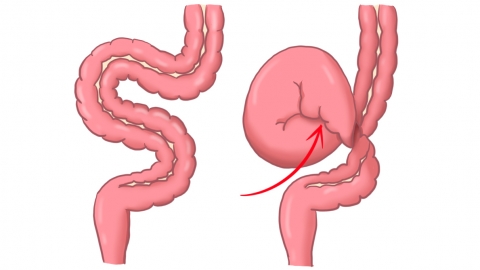Can enlarged mesenteric lymph nodes be cured?
In general, mesenteric lymph node enlargement refers to the swelling of mesenteric lymph nodes caused by inflammation, infection, or other factors. Whether mesenteric lymph node enlargement can be cured depends on the specific condition. If discomfort occurs, it is recommended to seek medical attention promptly. The detailed analysis is as follows:

If the mesenteric lymph node enlargement is caused by a viral infection and symptoms are mild without serious complications, it is usually curable. This type of condition is often self-limiting; with rest, a light diet, and symptomatic treatment—such as relieving abdominal pain and fever—the body gradually recovers, the lymph nodes slowly shrink back to normal size, and long-term effects are typically avoided.
If the enlargement is due to bacterial infection, tumor metastasis, or autoimmune diseases, or if the condition is severe or accompanied by complications, the likelihood of complete recovery decreases. Bacterial infections require proper anti-infective treatment; delayed treatment may lead to chronic conditions. For enlargement caused by tumor metastasis or autoimmune diseases, treating the underlying disease is essential for symptom relief, and in some cases, the lymph nodes may not fully return to normal.
Once symptoms of mesenteric lymph node enlargement appear, prompt medical evaluation is necessary to determine the cause and avoid delays in treatment due to self-medication. During treatment, adequate rest should be maintained, strenuous exercise avoided, and a light, easily digestible diet followed to reduce gastrointestinal burden. Regular follow-up exams are important to monitor changes in the lymph nodes. If symptoms worsen or new discomfort arises, immediate re-evaluation is required, and treatment plans should be adjusted according to the doctor's recommendations.








